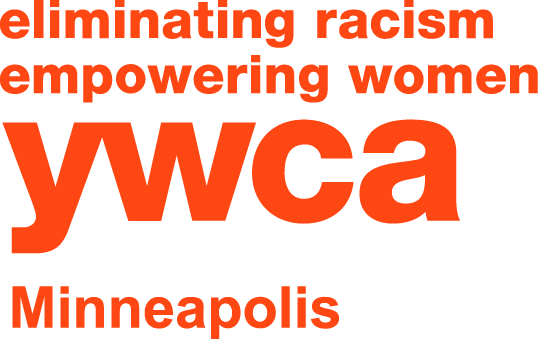Addressing Race and Identity During Conflict
Many of us have been raised to view conflict in a negative light. Like a jumbled ball of yarn, conflict seems like a sticky knot to untangle, and for many, it's difficult to know where to begin. As a result, we choose to avoid it. However, when we consider skills and traits that are desirable — whether for a job, in a partnership or with your neighbor, being practiced conflict management is an essential skill to have.
Messy Conversations Related to Race and Racism
Managing conflict begins with difficult and sometimes messy conversations. One side shares their point of view while the other side shares theirs. It’s not about forcing one side to see your point of view, or about proving the other side wrong — the overall goal is to find a common ground that both parties can live with. In the end, when it comes to conflict management, people are simply seeking to be heard, understood and valued, which helps mediate the conflict. So, why is it important to have these difficult and messy conversations, especially as it relates to race and racism?
Understanding Each Other Better
Conversations around race help people understand their differences based on culture, ethnicity and place of origin. It also builds a deeper understanding of each other’s differences to help avoid misconceptions about the other. Building on our conflict resolution skills allows us to better understand each other. Therefore, it allows us to become more comfortable with being uncomfortable.
Learning How to Manage Conflict Well
What would it look like for you to begin or continue learning about how to manage conflict well? It takes practice, patience and ongoing conversations to develop crucial conflict management skills. Join us at our next It’s Time to Talk: Forums on Race™ on October 2, 2019. This event allows attendees at different stages of their racial justice journey to continue conversations around race. Additionally, you can attend YWCA Minneapolis Racial Justice & Public Policy workshops to deepen your understanding and build skills on how to have conversations about identity, race and conflict.Learn More about YWCA Racial Justice and Public Policy
